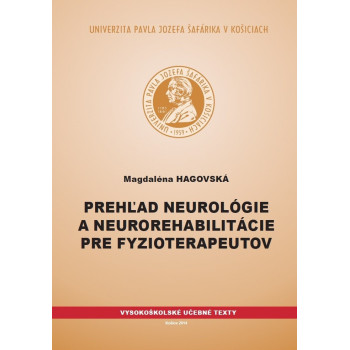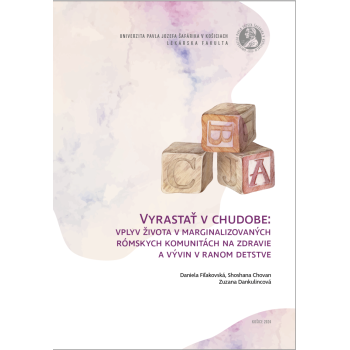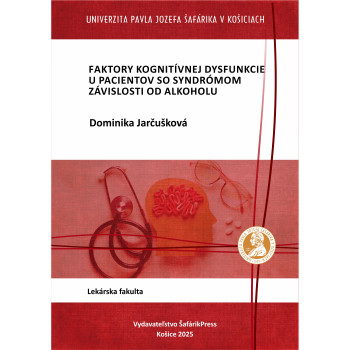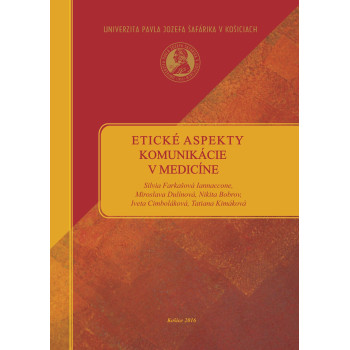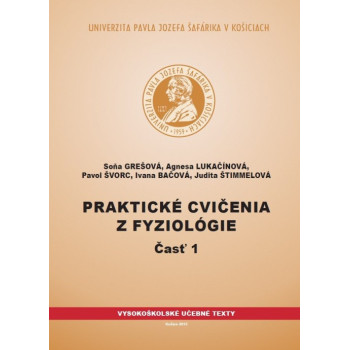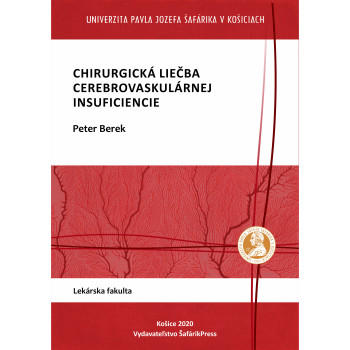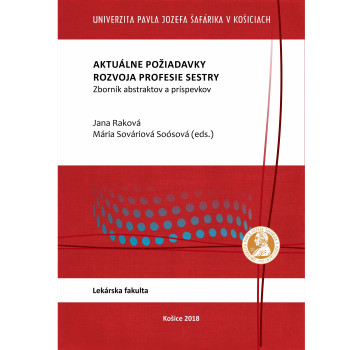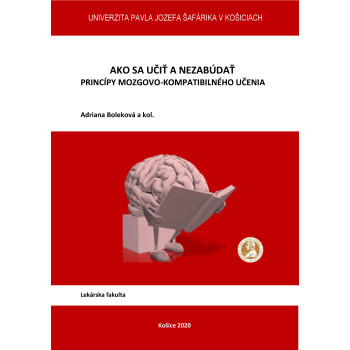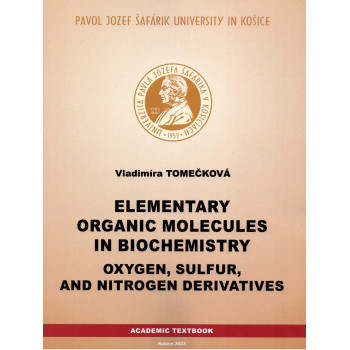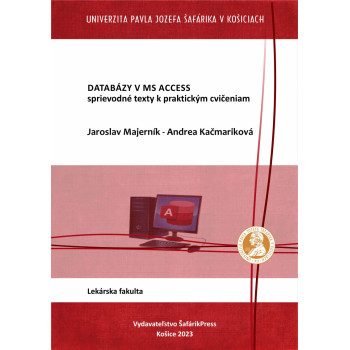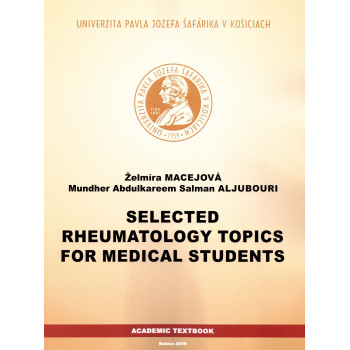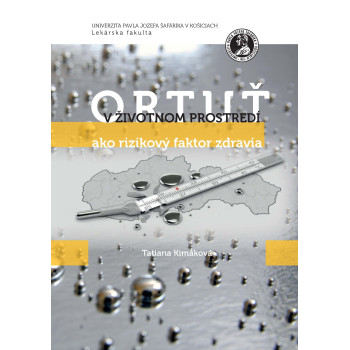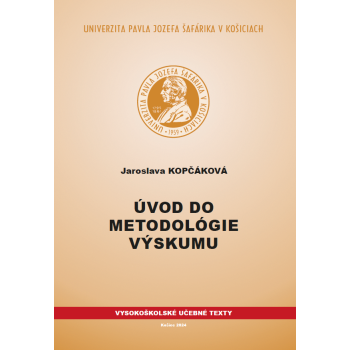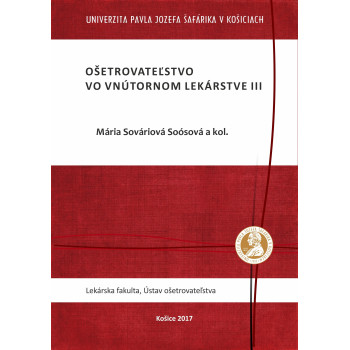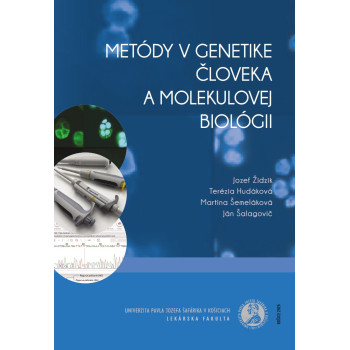
Neurology- and Neuro-Rehabilitation Overview...
The presented material provides a complex view on rehabilitation of patients in neurology. It is a second completely elaborated and extended edition of the original textbook –Neurology overview for physiotherapists. It contains data on etiology of neurological diseases, pathophysiology, examination in physiotherapy and the possibilities of a conservative treatment. From special treatment methods the faciooral therapy, acral coactivation therapy are described in greater details and the possibilities of diagnosis and training of cognitive functions. In annexes standardized questionnaire methods are described, which can be used in degree (final) works. A part of the publication is the Chapter on vertebrogenic syndromes which are frequently observed in neurological disorders.
Author



